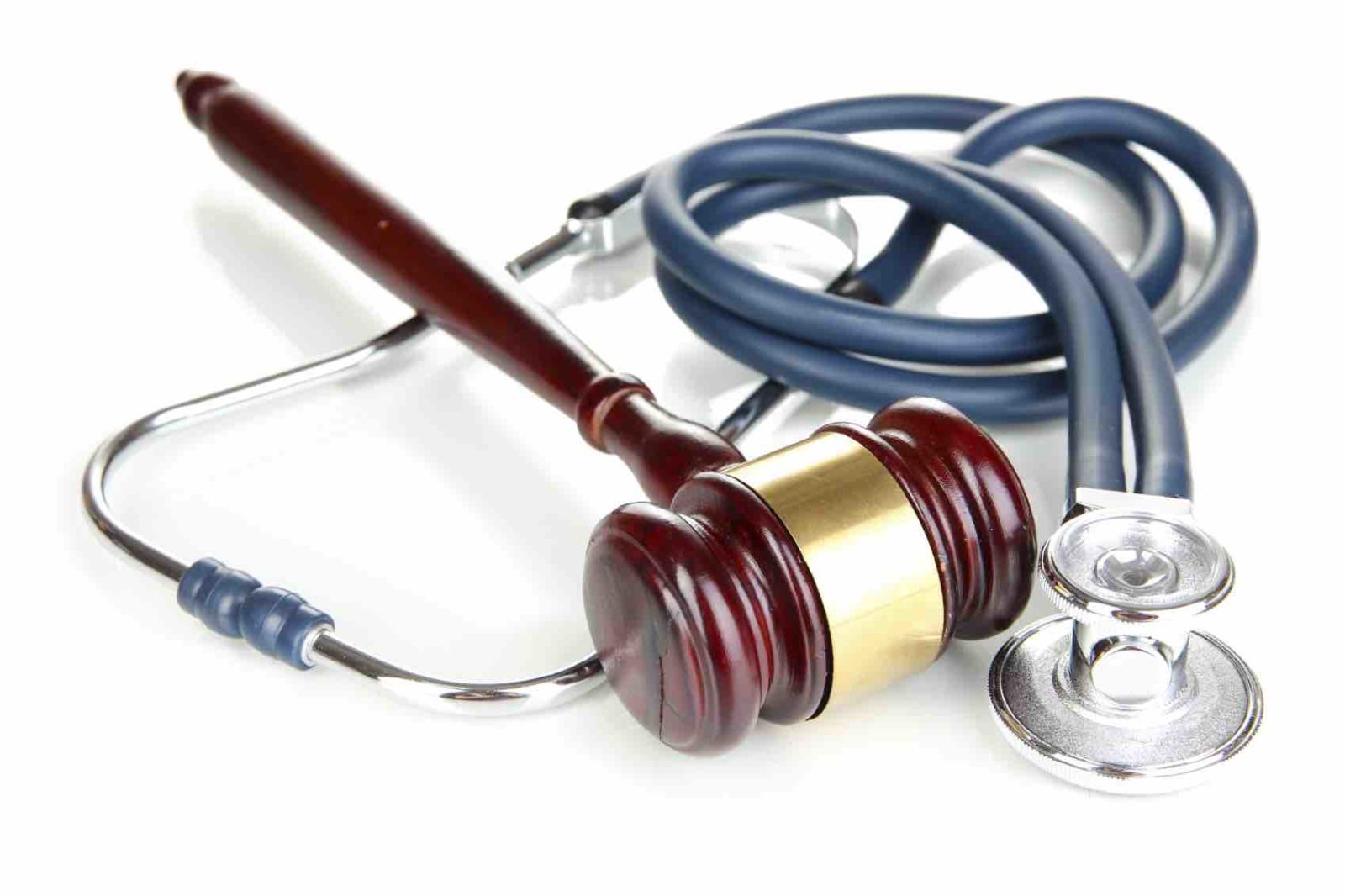When a plaintiff files a lawsuit claiming that he or she was harmed by a defendant, that person may be entitled to legal compensation. In the realm of healthcare, medical negligence is a constant legal avenue that patients might consider.
Here are 5 ways to prove medical negligence:
- Duty
Duty is a statement of the facts that establish the legal relationship between the physician and patient.
According to the Anglo-American Law, an individual has no duty to another person unless there is a legally recognized relationship with that person. The defendant may deny there is any recognized relationship with the plaintiff. So, if the plaintiff’s claim is based on medical negligence, the plaintiff must allege facts in order to support the existence of a physician-patient relationship. It is important the patient makes the factual allegations clear in court, so the lawsuit can be approved.
- Causation
By solely breaching established standards, it is not enough to support a lawsuit and prove medical negligence. The patient must establish that the breach was the actual cause of the injury. For instance, if a patient was in the ICU for a long period of time after being involved in a car accident and the patient ends up losing their leg. Following this, an attorney is hired and finds out that the wrong medication was given to the patient. This is a clear breach of care but it must be proven by the attorney that the patient lost their leg from being administered the wrong medication.
Causation is a good defense in proving medical negligence as long as you provide factual evidence, and that a highly experienced lawyer in medical malpractice cases looks at this for you.
- Defenses
Factually speaking the law does not prevent an injured person from suing a doctor or a professional. It is actually a defense for the professional to use to provide an answer to the claim taken. So, the professional has to prove that his or her conduct was widely accepted by his or her peers at the time the conduct occurred. Although, widely accepted does not necessarily mean that the majority of professionals have to agree to the practice.
- Failure to Warn
If the defendant had disclosed the risk, the patient may not have undergone the operation. He or she can then claim that the defendant had been negligent for failing to disclose the risk and warn the patient.
As a result, the defendant can be found in breach of his or her duty to warn of the risks involved in the operation, despite medical evidence in support of non-disclosure.
- Prove each factor
When it comes to a medical negligence lawsuit, you need to prove all of the factors involved to build a strong claim against the defendant which includes all of the four factors as they are each a piece of evidence for the lawsuit as long as they are true and can be used in court to prove the defendant was in breach of his or her duty.
So, it is clear that the medical negligence law is highly technical and full of challenges for those who are not familiar with the area. Since there have been several changes in the law in recent years, it makes it extremely important for anyone who has been injured or harmed to first talk to a medical negligence lawyer.
To learn more about your rights when it comes to medical malpractice and medical negligence, you can learn more at https://www.rosenfeldinjurylawyers.com/medical-malpractice.html
